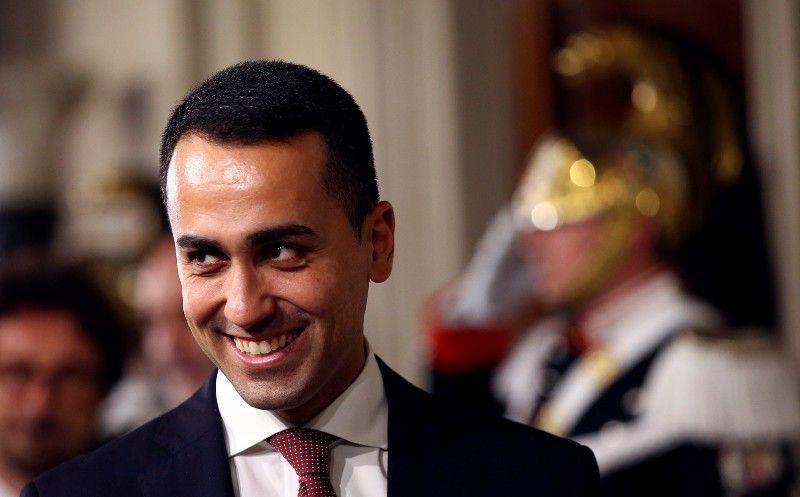Forget the Mullahs, did you hear Laurel or Yanny? In honor of that internet-busting question from last week (we think its Laurel, no question), we take a look at three stories in which language is bound up with politics.
Do you say it right?
Luigi Di Maio, leader of Italy’s Five Star Movement, one of two anti-establishment parties currently forming a government there, has notoriously bad grammar. (He routinely screws up the subjunctive and conditional tenses.) But with populist politics on the rise, a certain roughness in speech isn’t such a bad thing. Most people’s grammar isn’t perfect, after all, and this guy talks like me has a certain appeal when bashing elites. Philippine President Rodrigo Duterte certainly knows this: His coarse language is a totem of his politics. And needless to say, Donald Trump’s simplistic, repetitive, and often vulgar formulations on Twitter are the essence of his norm-busting political brand. Populists aren’t just changing how we vote, they’re changing how we talk.
How do you say it?
China is home to more than 130 different languages and dialects, but the government has long prioritized one, Mandarin Chinese, as the lingua franca. Now, The Economistreports, as President Xi Jinping looks to burnish his country’s image as a global power, his government is softening restrictionson the use and teaching of non-Mandarin local languages spoken by many people in the Chinese diaspora whom Beijing wants to woo for investment and commercial opportunities. But China needs to walk a fine line: encourage (certain) regional cultural identities without fomenting a level of regional identity that could, in time, be destabilizing.
Can you say it at all?
For all its virtues, Facebook, as anyone knows, also overflows with all manner of vile, offensive, hateful trash. But is it OK to censor it? Hundreds of Facebook employees at a center in Germany, profiled byThe New York Times, have the power to decide. In January, Germany passed a stringent new hate speech law that requires online platforms to identify and remove anything that crosses the line. When in doubt, the decision is kicked up to lawyers. Two major political questions here: First, is it acceptable for a government to outsource interpretation of its laws to a private company like this? Second, does this set a risky precedent for authoritarian governments who can use their own definitions of “hate speech” to squelch dissent?
